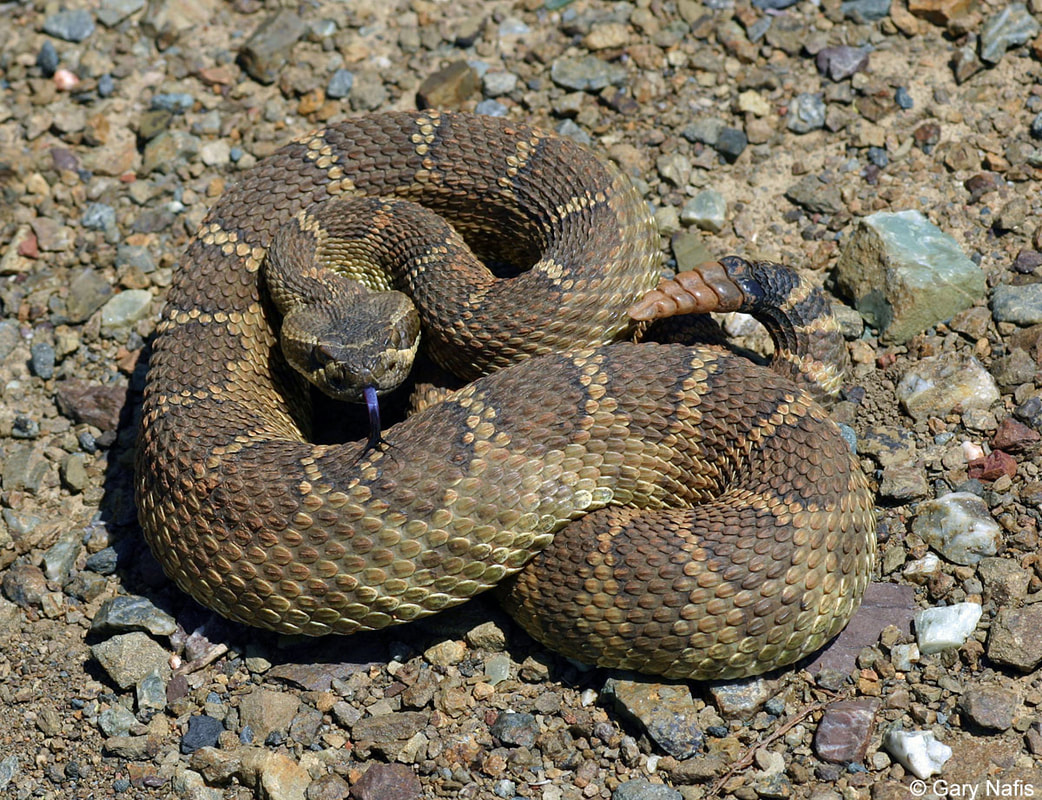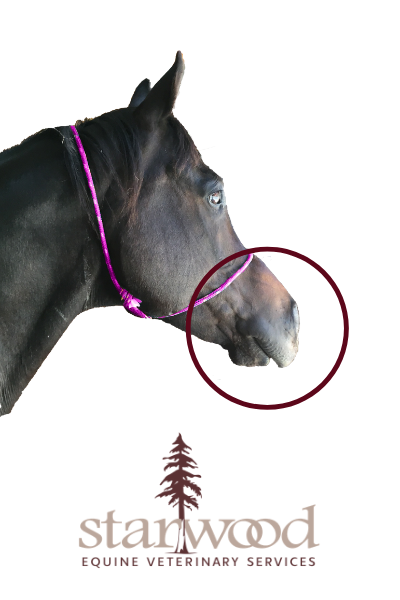Experts say there may be three times the usual amount of rattlesnakes in the Bay Area right now.Typically, rattlesnakes hibernate in the winter, become active in the summer, and breed around August. Due to an unusually warm February, snakes began breeding months earlier this year. Al Wolf, director of Sonoma County Wildlife Rescue in Petaluma, told KPIX, “Usually they are born late August, early September, but we’re going to see them in late June and early July this year.” -Read the full article HERE Remember, snakes share spaces with horses.Now that we are spending more time outdoors in the summer sun, let’s not forget that snakes like to share the same spaces as us and our equine partners. They can be found on trails, in pastures or stalls, and even make their way into feed bins or tack rooms. While many types of snakes are not harmful, rattlesnake bites can be extremely dangerous and cause serious and emergent medical conditions for your horse. Being aware of what can happen when your horse is bitten by a rattlesnake will help you and therefore your veterinarian provide timely treatment for your horse.
So, what should you do if you suspect a snake bite?Remember, you may not always see the bite marks on your horse, but if you notice severe facial or leg swelling, you should be thinking a snakebite may be the cause. Call your veterinarian immediately. Helpful information you can provide over the phone is the location of the bite, horse’s ability to breathe with potential facial swelling, vaccination status, and the current medications your horse is taking. If your horse is having difficulty breathing due to facial swelling, your veterinarian may walk you through how to maintain their airway over the phone while waiting for them to arrive. Do not try to extract venom or cut that area of the skin open. If you plan to be riding further out on the trails, your veterinarian may recommend carrying emergency medications and supplies (i.e., NSAIDS and cut syringe case or garden hose for airway maintenance). Stay on groomed trails, as snake bites often occur when horses step in long grass. If bitten by a snake on the trail, slowly handwalk your horse back to the closest location your vet can access. Treatment options for snake bites.As previously mentioned, since horses only breathe through their nose, the most critical aspect of treatment is maintaining their airway so they can breathe. Based on severity of swelling, this may require intubation through the nose or in rare cases, a tracheostomy. Other treatments your veterinarian may utilize include oxygen supplementation, non-steroidal anti-inflammatory drugs, antibiotics, intravenous fluids, and Antivenin. Through a partnership with local veterinary clinics, Starwood Equine has access to rattlesnake Antivenin that we can administer if your horse is bitten. Antivenin has been shown to neutralize the rattlesnake toxin to reduce the severity of clinical signs. After initial assessment and stabilization, referral to a larger hospital may be recommended based on the severity of the case. Close monitoring in the immediate days and weeks following exposure will also be important for identifying potential secondary effects. We all hope you and your horses never encounter a rattlesnake, but if you do, hopefully, this will prepare you more for what treatment entails and how Starwood Equine can help. SourcesDickinson, C. E., Traub-Dargatz, J. L., Dargatz, D. A., Bennett, D. G., & Knight, A. P. (1996). Rattlesnake venom poisoning in horses: 32 cases (1973-1993). Journal of the American Veterinary Medical Association, 208(11), 1866-1871.
Fielding, C. L., Pusterla, N., Magdesian, K. G., Higgins, J. C., & Meier, C. A. (2011). Rattlesnake envenomation in horses: 58 cases (1992–2009). Journal of the American Veterinary Medical Association, 238(5), 631-635.
3 Comments
4/21/2022 03:27:48 am
One of the most effective ways to survive an encounter with a snake is to not engage. If you come across a snake in your path, walk away. If you can't turn and go the other direction, make sure to give the snake a wide berth as you circle around it.
Reply
Leave a Reply. |
Topics
All
Archives
May 2021
|
Privacy Policy | Copyright © 2019 Starwood Equine Veterinary Services, Inc. All rights reserved.



 RSS Feed
RSS Feed